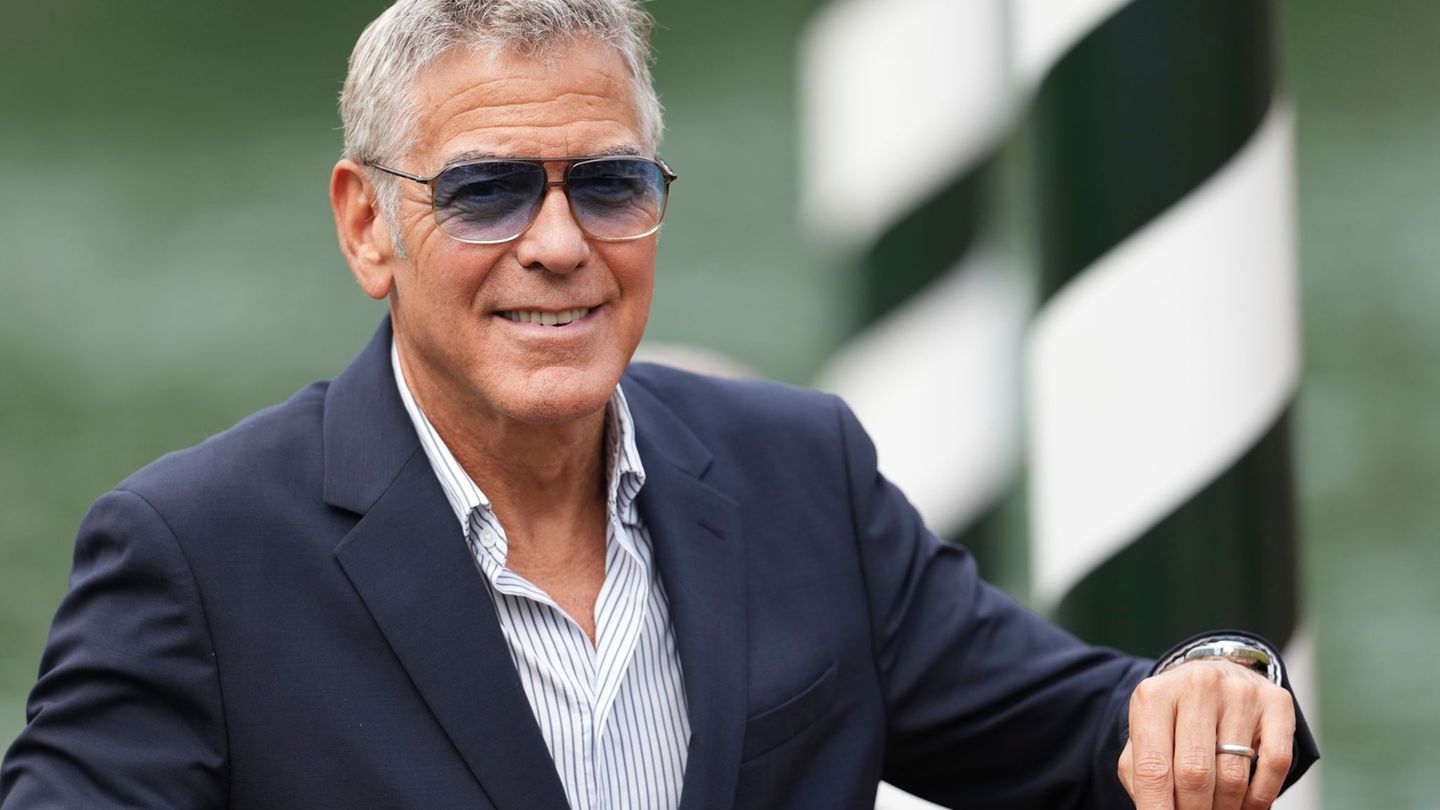In the Press Freedom Index published by Reporters Without Borders (RSF) on Tuesday, it was only 31st out of 180 countries, and thus in the middle of the list of states with “satisfactory” press freedom. RSF Austria spoke of a “catastrophic crash” from 17th place last year. The SPÖ called for a convention to be set up to develop media reforms.
In 2018 Austria was still in 11th place in the annually updated list. In the Ibiza year 2019, it had to leave the top group and has been between places 16 and 18 since then. “No more excuses – you can’t talk this crash down anymore,” RSF Austria commented on the result. In addition to attacks on journalists at Coronademos, the reasons given for the massive deterioration included “harassment by the police, paid surveys in tabloid media and a policy characterized by corruption and bribery”.
The Austria section headed by the Viennese communication scientist Fritz Hausjell complained that Austria was the only EU country without a freedom of information law and also “the call for a sensible media promotion law that promotes quality instead of tabloids (edition) (…) so far remained unheard”. Also “the constant party-political influence on the ORF must urgently come to an end”.
As a consequence of the crash, the opposition SPÖ called for the establishment of a “convention for freedom of the media”, which should work out the necessary reforms with the participation of civil society, experts and the opposition. “There is an urgent need for a media freedom and transparency package against advertising corruption and message control in order to support the media in their independent reporting,” said SPÖ media spokesman Jörg Leichtfried. Specifically, he also mentioned an increase in press funding and a new ORF law with more independence for the ORF committees. NEOS made similar statements. “A free press is one of the cornerstones of a democracy. The governing parties, especially the Greens, must no longer stand idly by and watch as it slowly but surely dies,” warned media spokeswoman Henrike Brandstötter. Specifically, the ÖVP and the Greens would have to “immediately present a modern freedom of information law,” demanded the MP.
RSF pointed out that this year’s values are only partially comparable with those of the previous year due to a change in the collection method. The survey was put on a broader basis with five new indicators (political context, legal framework, economic context, socio-cultural context and security).
As a result of the new methodology, only eight countries worldwide are certified as having a good press freedom situation (2021: twelve). The Scandinavian countries continue to be the measure of all things. Norway, Denmark and Sweden make up the top trio. The ex-Soviet republic of Estonia has moved up to fourth place (2021: 15). Finland, Ireland, Portugal and Costa Rica follow as the only non-European country in the top group.
While Germany dropped from 13th to 16th place, Austria was overtaken by a number of other EU countries. In addition to France (26th) and Luxembourg (21st), these are also the neighboring countries of the Czech Republic (20th) and Slovakia (27th) as well as the Baltic states of Lithuania (9th) and Latvia (22nd). In an EU comparison, Austria is only 16th out of 27. The best-placed neighboring countries are Liechtenstein (10th) and Switzerland (14th).
In Austria’s neighbourhood, only Hungary (85th), Slovenia (54th) and Italy (58th), traditionally a problem child of press freedom, are worse off. While Hungary was able to improve slightly, the two neighboring countries to the south slipped even more significantly than Austria, which lies in the index between the Dominican Republic and Spain.
Overall, the 20th edition of the RSF Index paints a worrying picture. For example, freedom of the press is currently in a “very serious situation” in a record number of 28 countries. Twelve countries have slipped onto the red list, including Belarus (153rd) and Russia (155th). North Korea, Eritrea, Iran, Turkmenistan, Myanmar and China bring up the rear. Despite the voting out of right-wing populist Donald Trump as US President, the situation in the US has only marginally improved (42nd). The media there are still polarized, it said.
In democratic societies, the spread of opinion media and disinformation increases the division, states the media freedom organization. Internationally, there is an asymmetry between open societies and despotic regimes that wage propaganda wars against democracy with their media and online platforms.
Three trends were noticeable in Europe, namely the return of journalist murders in the EU (Giorgios Karaivaz in Greece and Peter De Vries in the Netherlands), the massive hostilities and physical attacks by opponents of corona measures against journalists in several countries such as Austria, and the Tightening of draconian laws against journalists. In addition to Hungary and Slovenia, Poland (66th) and Albania (103rd) were also affected. Serbia (79th), on the other hand, was able to improve thanks to the fight against impunity for attacks on journalists, and the Czech Republic (20th) and Bulgaria (91st) also relaxed their influence on the press after government changes. Bulgaria was able to hand over the red lantern among the European countries to Greece (108th).
Source: Nachrichten




